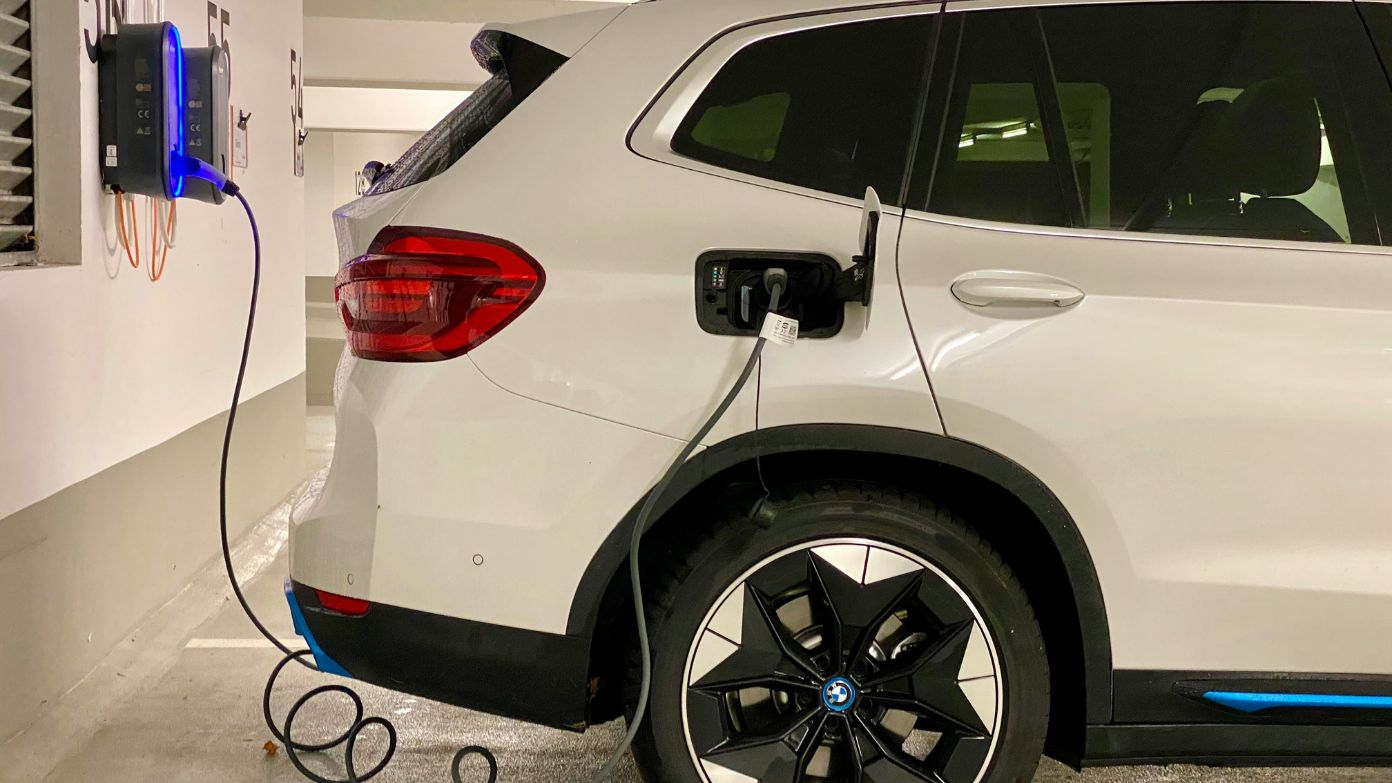Why did Nikola file for bankruptcy?
Nikola Corporation, a company once seen as a potential leader in the electric vehicle (EV) industry, has officially filed for Chapter 11 bankruptcy protection. This comes after months of financial struggles and failed attempts to raise funds to keep the business afloat.
Nikola’s downfall is tied to several factors, including:
- Financial struggles – The company has been losing money rapidly and warned earlier this year that it was running out of cash.
- Legal troubles – Nikola’s founder, Trevor Milton, was convicted of fraud in 2022 for misleading investors about the company’s technology.
- Market challenges – The EV industry has faced slowing sales, increased competition, and economic uncertainty.
What happened to Nikola’s founder, Trevor Milton?
Trevor Milton, the man who started Nikola, was once a rising star in the business world. However, in 2022, he was convicted of fraud for making false claims about Nikola’s technology and products.
Some of his misleading statements included:
- Fake product demonstrations – A now-infamous video showed a Nikola truck rolling down a hill, leading investors to believe it was functioning when it was not.
- False claims about production – Milton claimed that Nikola had revolutionary battery and hydrogen fuel technology, but much of it was exaggerated or nonexistent.
- Investor deception – His false claims led investors to pour money into the company, only to see their investments collapse when the truth came out.
In December 2023, Milton was sentenced to four years in prison for his role in misleading investors.
What does this mean for Nikola customers and investors?
Nikola’s bankruptcy filing raises serious concerns for its customers and investors. Here is what you need to know:
- Customers – The company has stated that it will continue to provide limited support and services for existing Nikola vehicles, but only until March, unless additional funding is secured.
- Investors – Nikola’s stock price has plunged, and shareholders are likely to see little to no return on their investments as the company undergoes liquidation or restructuring.
- Potential buyers – The company has filed a motion to seek approval for an auction and sale of its business, meaning parts of Nikola could be sold to other companies.
What will happen to Nikola’s electric trucks?
Nikola was known for developing electric and hydrogen-powered trucks, but its future production plans are now uncertain. The company had ambitious goals to lead the EV truck market, but those plans are thwarted by its financial troubles.
If Nikola is unable to secure new funding or a buyer, its truck production could come to a complete halt. However, some companies may step in to acquire its technology and assets.
How does this impact the electric vehicle industry?
Nikola’s downfall is a warning sign for the EV industry, highlighting the challenges that new companies face in trying to compete with established automakers.
Key takeaways for the EV market:
- Trust matters – Nikola’s collapse shows the importance of transparency and honesty in an industry that relies heavily on investor confidence.
- Competition is fierce – Big players like Tesla and traditional automakers are already dominating the EV market, making it difficult for startups to succeed.
- Government policies could shift – Political changes, such as potential rollbacks of EV incentives, could further impact the industry’s future.
What happens next for Nikola?
Nikola’s bankruptcy case is now in the hands of the U.S. Bankruptcy Court in Delaware. The company will either:
- Sell off its assets to other businesses.
- Attempt to restructure under Chapter 11 if it can secure new funding.
- Completely shut down operations if no viable path forward is found.
For now, Nikola’s fate remains uncertain, but this bankruptcy marks the end of a chapter for what was once one of the most talked-about EV startups in the world.
Continue reading:
Toyota, GMC and Lexus among more than 225,000 vehicles recalled – See all affected models here
What is a sovereign wealth fund? What assets could President Trump’s new investment vehicle hold?
